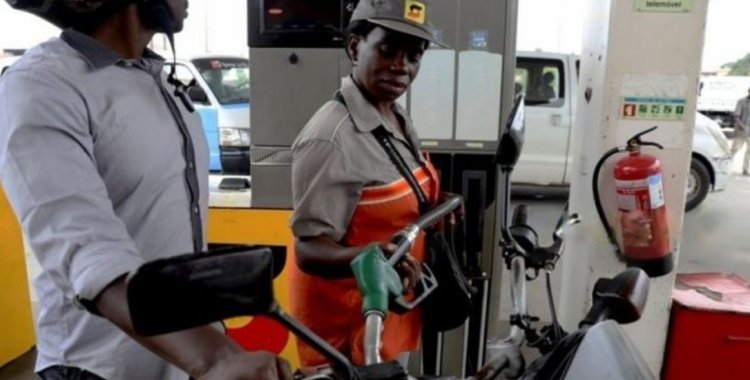The study by economists Bao-We-Wal Bambe, Chadi Bou Habib and Joaquín Marandino Peregalli assesses three scenarios with different rates of subsidy elimination and proposes compensation aimed mainly at the fishing and transport sectors, and also at the poorest families.
“Angola’s experience shows that hasty and poorly communicated reforms can generate protests, while well-planned measures accompanied by compensation help to ensure social stability,” the text says.
Economists point out, on the other hand, that subsidies, which allow Angola to have one of the lowest fuel prices in the world, disproportionately benefit the richest families and limit investments in health, education and social protection, representing around 3.7 percent of GDP in 2023.
In June 2023 and April 2024, the government introduced the first increases in petrol and diesel prices since 2016 — 87 and 48 percent, respectively — resulting in a reduction in subsidies by 40 percent and 9 percent.
“However, the devaluation of the national currency in the second half of 2023 has again increased the costs of subsidies, since a large part of refined oil is imported,” the economists highlight.
The document also says that the adjustment of transport tariffs in April 2024 to mitigate the impacts on the sector, contributed to mitigating tensions on the part of transport operators, but transferred part of the burden to consumers.
Economists have estimated three scenarios: maintaining current prices (June 2024), which means no additional savings; total withdrawal of subsidies by the end of 2025, with gasoline rising 40 percent and diesel 66 percent with biannual adjustments, representing savings of 2.2 percent of GDP in 2026; and gradual withdrawal by the end of 2026, with gentler increases (23 and 36 percent, respectively) and savings of 1.5 percent of GDP.
The simulations also show that completely eliminating subsidies would increase overall prices by 5.2 percent, with costs rising 19.5 percent in the fishing sector and 20 percent in the transportation sector.
“Removing fuel subsidies in Angola could generate sufficient fiscal savings to offset increases in production costs,” the economists argue, noting that fully offsetting these two sectors would require only 29.6 percent of the fiscal savings generated.
This economy “can enable effective compensation, with the most appropriate approaches being targeted subsidies for fishing and cash transfers to mitigate the high transport costs of the most vulnerable families,” the study suggests.
Economists point out, however, that Angola faces specific challenges in implementing compensation measures, namely expanding the Kwenda cash transfer program to remote areas and developing a “robust” social registry.







